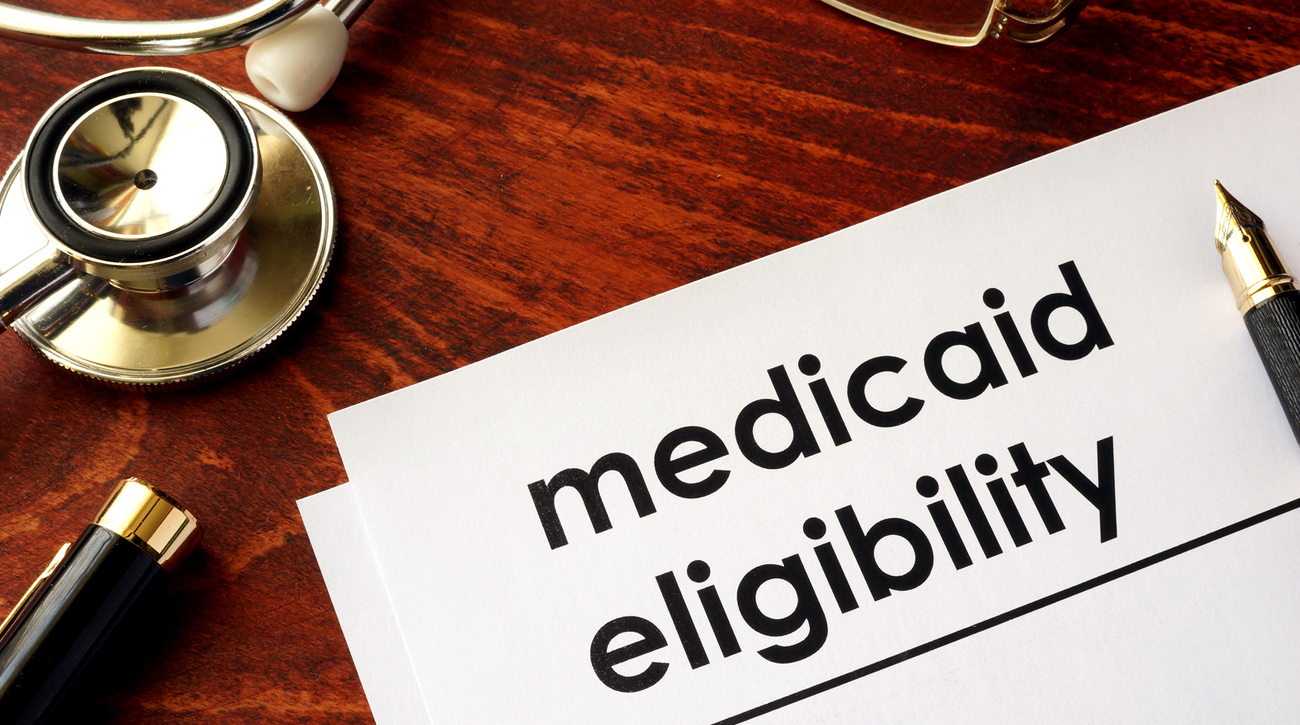WASHINGTON, DC (Jan. 23, 2019) – A “friend of the court” brief accepted Jan. 22 by the U.S. District Court for the District of Columbia urges the court to block implementation of Kentucky HEALTH, a proposal that would require Medicaid beneficiaries to work, volunteer or train for a job – or lose their health coverage. If Kentucky HEALTH is upheld, thousands will lose Medicaid under untested conditions designed to drive people off the program, according to public health scholars from across the nation who signed onto the brief, which was filed Jan. 18.
Kentucky was the first state to win approval for its Medicaid work demonstration project after the Trump administration announced last year it would grant states permission to do such experiments under Medicaid Section 1115. Fifteen Medicaid beneficiaries filed a lawsuit, and a federal court struck down Kentucky’s proposal in June 2018. The federal government subsequently reapproved Kentucky HEALTH, and the case known as Stewart v. Azar has landed once again in a U.S. District Court.
The 48 public health scholars, including eight deans at schools of public health, public policy and public administration filed a “friend of the court” brief supporting the Medicaid beneficiaries. In addition to the George Washington University Milken Institute School of Public Health (Milken Institute SPH), which has led this effort, Boston University, Columbia University, Harvard University and Yale University are among the schools represented in the brief.
“This experiment by Kentucky threatens to strip hundreds of thousands of beneficiaries of Medicaid coverage with no realistic alternative in sight,” said Sara Rosenbaum, JD, the Harold and Jane Hirsh Professor of Health Law and Policy at Milken Institute SPH, one of the scholars represented on the amicus brief. “Kentucky HEALTH is not what Congress intended when it permitted experiments under Section 1115.”
The public health scholars argue that the Trump administration’s re-approval of Kentucky HEALTH willfully ignored the harm that will befall Medicaid beneficiaries if the work demonstration project is put in place. A new analysis by researchers at Milken Institute SPH finds that between 86,000 and 136,000 Kentucky Medicaid beneficiaries likely would lose coverage in just the first year of the work demonstration project – an estimate significantly higher than the one provided by Kentucky officials and endorsed by the Trump administration.
“Evidence is compelling that the policy will cause large numbers of Kentuckians to lose insurance coverage quickly. It is alarming that the U.S. Department of Health and Human Services ignored the information available to it, despite the earlier court decision,” said Leighton Ku, PhD, MPH, the lead author of the analysis and a professor of health policy and management at Milken Institute SPH.
Kentucky and the Trump administration minimize the impact of Kentucky HEALTH and other work demonstration projects by saying that people who lose Medicaid would be able to access care at community health centers. But new research by Rosenbaum and Milken Institute SPH scholars Peter Shin and Jessica Sharac shows that Kentucky’s community health centers would be hard hit by the Medicaid work experiment.
The analysis shows that as many as 4 in 10 adult Medicaid patients served by health centers would lose Medicaid coverage. Medicaid represents a significant source of funding for health centers, and the loss of Medicaid revenue could lead to major reductions in capacity and staffing. Ultimately, some health centers would have to lay off staff, thereby significantly reducing the number of patients served, Rosenbaum said.
Many of the same scholars signed on to a previous friend of the court brief back in April soon after the Kentucky Medicaid beneficiaries filed a lawsuit challenging the state and the federal government’s approval of the work demonstration. That brief argued that many Medicaid recipients already work but would have trouble meeting the onerous requirements under the plan—and they would lose their health coverage as a result.
The amicus brief can be accessed here. The deans and scholars were represented by Edward T. Waters, Phillip A. Escoriaza, and Christopher J. Frisina of the Washington, DC law firm of Feldesman Tucker Leifer Fidell, LLP.


